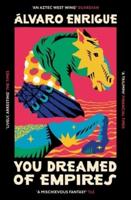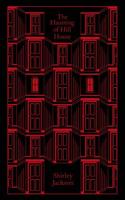Publisher's Synopsis
William Wymark "W. W." Jacobs (8 September 1863 - 1 September 1943) was an English author of short stories and novels. Although much of his work was humorous, he is most famous for his horror story "The Monkey's Paw acobs was born in Wapping, London; his father was a wharf manager at the South Devon wharf at Lower East Smithfield.[2] He was educated at a private school in London and later at Birkbeck College (then called Birkbeck Literary and Scientific Institution, now part of the University of London)In 1879, Jacobs began work as a clerk in the civil service, in the Post Office Savings Bank, and by 1885 he had his first short story published. His road to success was relatively slow: Arnold Bennett writing in 1898 was astonished that Jacobs turned down the sum of £500 for six short stories. Jacobs was financially secure enough to be able to leave the Post Office in 1899.Jacobs is now remembered for his macabre tale "The Monkey's Paw" (published 1902 in the collection of short stories The Lady of the Barge)[4] and several other ghost stories, including "The Toll House" (published 1909 in the collection of short stories Sailors' Knots) and "Jerry Bundler" (published 1901 in the collection Light Freights). However, the majority of his output was humorous in tone. His favourite subjects were marine life: "men who go down to the sea in ships of moderate tonnage" said Punch, reviewing his first collection of stories, Many Cargoes, which achieved great popular success on its publication in 1896. Michael Sadleir described Jacobs' fiction thus: "he wrote stories of three kinds; describing the misadventures of sailor-men ashore; celebrating the artful dodger of a slow-witted village; and tales of the macabre










